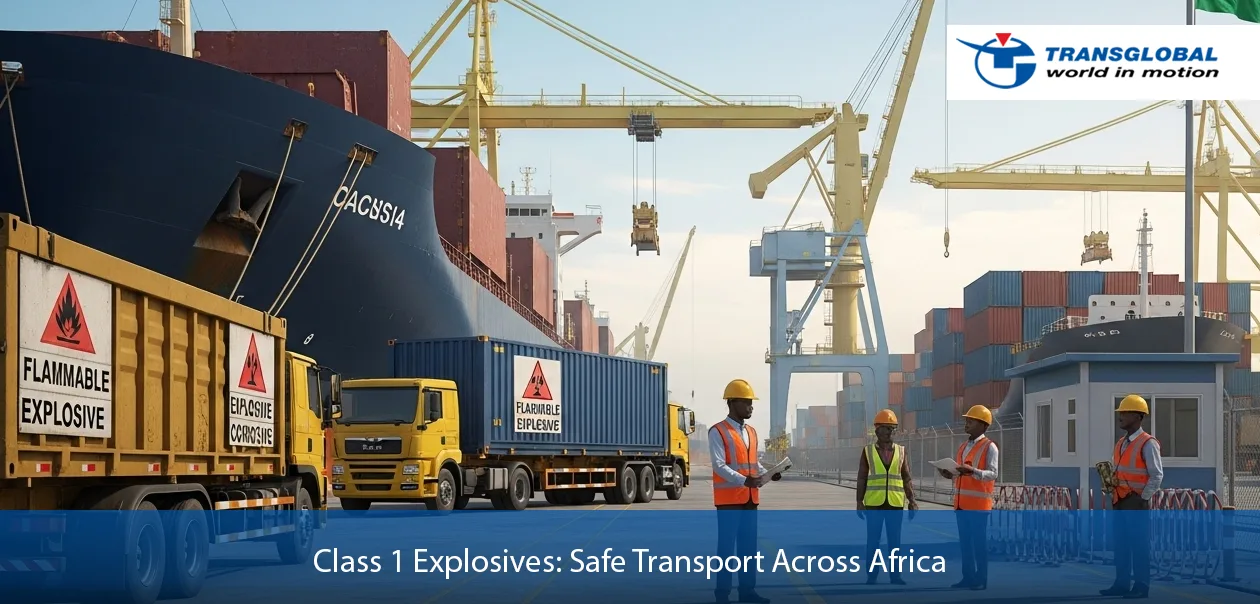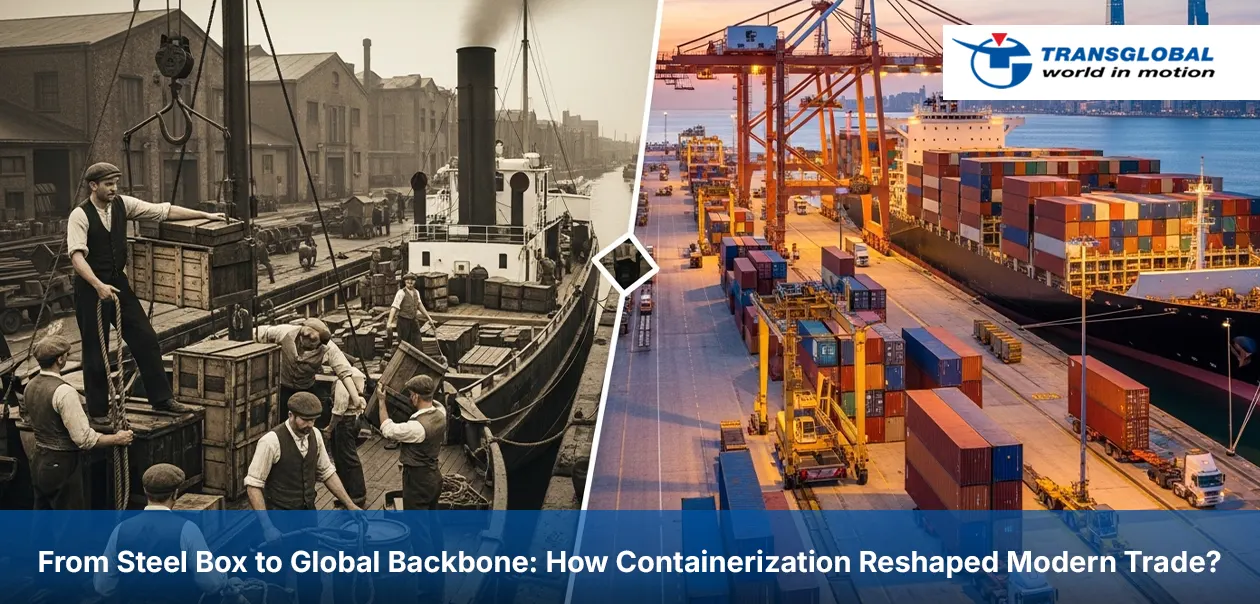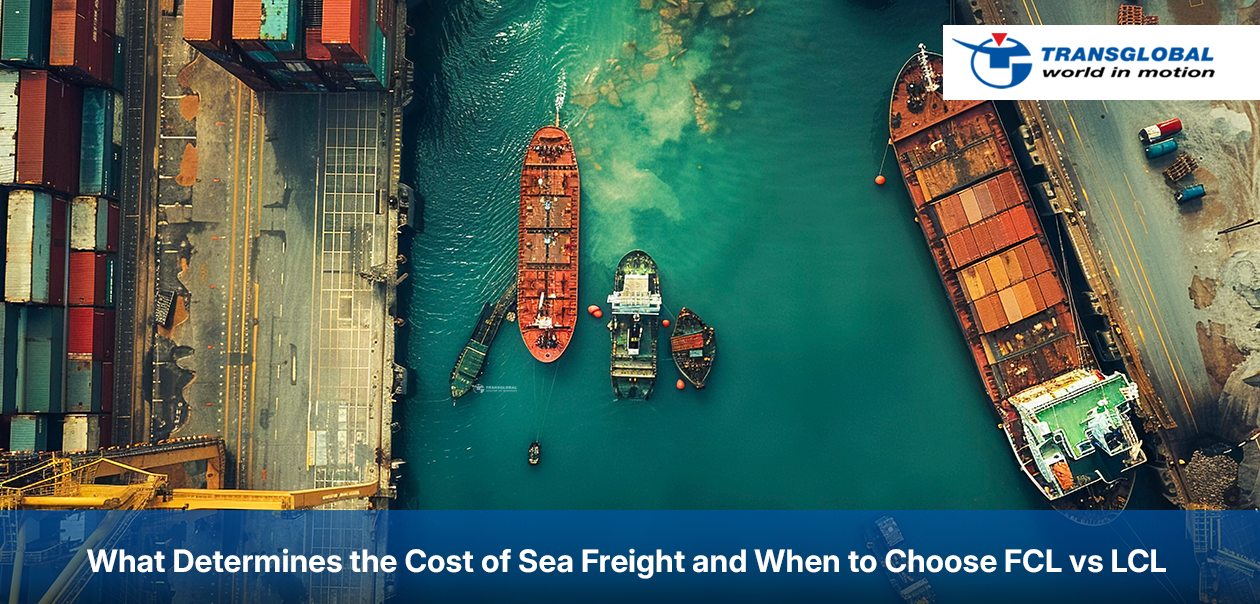Moving fuel or pharmaceuticals is one thing, but transporting explosives is a whole different level of responsibility. Whether it’s military-grade ammunition, commercial blasting agents for mines, or defense logistics, Class 1 Explosives require precise handling, permits, training, and trust.
In Africa, where mining, infrastructure, and defense projects are expanding rapidly, the demand for Class 1 cargo movement is growing. But this type of cargo isn’t something you simply load onto a truck. It’s heavily regulated, extremely sensitive, and demands a logistics partner who understands what’s at stake.
At Transglobal Cargo, we don’t just transport explosives, we manage the entire process with discipline, documentation, and complete control. If your business involves explosives across Southern or East Africa, this guide is for you.
What Are Class 1 Explosives?
Class 1 Explosives are one of the most heavily regulated categories under the UN Dangerous Goods Classification System. These materials are capable of producing a sudden release of pressure, gas, heat, and light, and are used in both military and industrial applications.
Class 1 Explosives include:
1.1 – Substances with mass explosion hazard (e.g., TNT, dynamite)

1.2 – Projection hazard but not mass explosion (e.g., grenades)

1.3 – Fire hazard or minor blast (e.g., flares)

1.4 – Minimal hazard (e.g., small arms ammunition)

1.5 – Very insensitive explosives (e.g., blasting agents)

1.6 – Extremely insensitive articles (e.g., test explosives for defense)

These materials are commonly used in:
- Defense and military logistics
- Mining and quarry operations
- Oil & gas exploration
- Infrastructure development (e.g., road blasting)
Why Are Explosives Moved Across African Borders?
Africa is home to some of the world’s richest mineral reserves, large-scale energy infrastructure projects, and active defense modernization programs. These drive the need for Class 1 cargo movement across countries like:
- Zambia and DRC (for copper and cobalt mining)
- Mozambique (for LNG and energy sector projects)
- Namibia, Zimbabwe, and Botswana (for commercial blasting)
- South Africa (as a regional military manufacturing hub)
- Kenya and Tanzania (for defense and anti-terror deployments)
Transglobal Cargo works closely with government bodies, defense contractors, and mining giants to ensure these high-risk cargoes move securely, on time, and within regulatory frameworks.
Why Class 1 Explosives Require Specialized Logistics?
Transporting Class 1 cargo is nothing like general freight. Here’s what makes it unique:
- Permits & Licensing – You need approval from the military, customs, transport, and sometimes police departments.
- Escort Services – Certain loads require armed or official vehicle escorts.
- Secure Vehicles – Specialized trucks with reinforced bodies, GPS tracking, and driver safety protocols.
- Certified Personnel – Everyone involved must be trained in dangerous goods regulations (IMDG/ADR/SANS).
- Route Risk Assessment – High-risk zones must be avoided; border crossings must be pre-coordinated.
Transglobal Cargo brings all of this under one roof, delivering end-to-end service across Southern and East Africa, including clearance, transport, monitoring, and emergency protocols.
Real Challenges in Handling Explosives Logistics in Africa?
Moving Class 1 cargo is not without hurdles. Here’s what we solve every day:
Multi-Country Permitting
- Different nations have varying requirements for explosives transport. One permit doesn’t fit all.
- We liaise with local authorities, embassies, and customs agents to secure country-specific authorizations in advance.
Border Delays and Corruption
- Customs clearance for explosives can be delayed by red tape or informal “fees.”
- We only work with licensed clearance agents and have built strong networks at key borders like Beitbridge, Kazungula, and Lebombo.
Safety and Security Threats
- Explosives in transit are vulnerable to theft or accidents.
- Our trucks are equipped with locked compartments, emergency shutoff systems, and panic protocols, with real-time tracking and 24/7 control tower oversight.
How to Prepare for Explosives Transport in Africa?
If you’re a shipper, defense supplier, or mining company dealing with Class 1 cargo, here’s your checklist:
✅ Get your classification documents and MSDS in order
✅ Apply for transport and transit permits well in advance
✅ Use a certified freight forwarder like Transglobal with Class 1 licenses
✅ Ensure vehicle and driver certification is current
✅ Arrange for insurance and emergency response protocols
Conclusion
Transporting Class 1 explosives is a mission-critical operation. It doesn’t allow for shortcuts, last-minute planning, or untrained hands. Whether you’re supplying blasting agents to mines or moving military-grade goods across borders, you need an expert who handles explosives and treats every shipment with discipline and precision.
At Transglobal Cargo, we’ve made it our specialty to move what others won’t. Backed by certifications, experience, and regional reach, we make sure your high-risk cargo is in safe hands every step of the way.
Need certified logistics support for Class 1 explosives in Africa? Contact Transglobal Cargo today.
Frequently Asked Questions
What types of cargo fall under Class 1 explosives?
Class 1 includes ammunition, dynamite, blasting agents, fireworks, grenades, and military/defense materials that pose an explosive hazard during transport.
Can Class 1 explosives be transported across African borders?
Yes, but only with proper licensing, permits, and safety protocols. Transglobal Cargo manages cross-border compliance for explosives in countries like Zambia, Mozambique, and Namibia.
What certifications are required to transport explosives?
Transporters must be certified under SANS 10228, IMDG, and other dangerous goods regulations. Drivers, vehicles, and routes must meet strict criteria, and Transglobal handles it all.





Comments